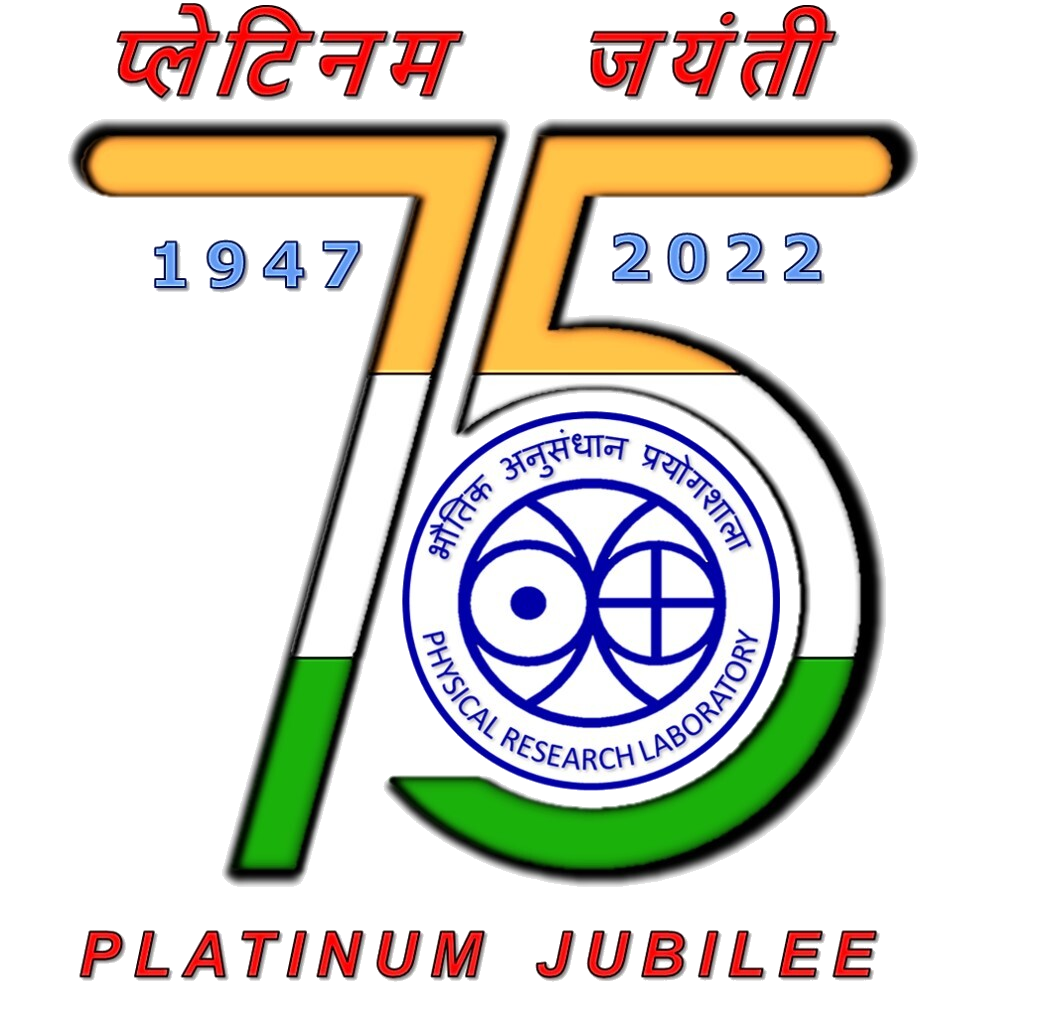| PRL research encompasses the Earth, the Sun immersed in the fields and radiations reaching from and to infinity, all that man's curiosity and intellect can reveal. |
|
The Physical Research Laboratory (PRL), known as the “cradle of space sciences” in India, is one of the premier research institutes founded in 1947 by Prof. Vikram Sarabhai, a renowned Cosmic Ray Scientist, a great visionary and institution builder. PRL played a seminal role in producing a highly motivated cadre of space scientists and the technologists of highest international repute. The first scientific rocket launched from Thumba on 21st November 1963 and many other rockets launched thereafter contained payloads developed at PRL. Dr. Sarabhai initiated many of these scientific and technical activities at PRL which eventually led to the formation of the Indian Space Research Organization (ISRO). Therefore, PRL is known as the “cradle of space sciences” in India. Further, the research in the area of Plasma Physics expanded to the formation of the Institute of Plasma Research (IPR).
For more information please visit PRL Website.
|
|
As an institution PRL is unique in that it conducts fundamental research in a wide range of research areas from the Earth to the cosmos, and comprising Astronomy and Astrophysics; Solar Physics; Space and Atmospheric Sciences; Theoretical Physics; Geosciences; Atomic, Molecular and Optical Physics, Astrochemistry; and Planetary Sciences and Space Exploration. PRL is one of the rare research institutes of international repute wherein research in such diverse fields of sciences is carried out using several state-of-the-art experimental facilities that exist under one umbrella.
|
|
Along with the ongoing research, several new initiatives have been taken up during the last few years. The Multi-Application Solar Telescope (MAST) at Udaipur Solar Observatory has been operationalized. PRL initiated scientific programmes in frontier areas of research, which include a search for exo-planets, laboratory studies of interstellar grains, laboratory synthesis of cold astromolecules and experimental studies in the field of quantum optics. PRL is also developing several scientific payloads as a part of ISRO’s larger vision and contributing to roadmap for competitive scientific exploration of the solar system and beyond. In particular, PRL has been contributing significantly not only in building instruments for space missions, such as Chandrayaan-1, Chandrayaan-2, AstroSat and upcoming Aditya-L1, Chandrayaan-3 and planetary and space missions, but also by bringing out new and insightful science results.
|
|
PRL contributes to several national and international research programmes and to human resource development through its Doctoral and Post-Doctoral Programmes, capacity building programmes, such as UN Course on Space Science, and science and engineering internship programmes. PRL contributes significantly to society through its Outreach Programmes by periodically organizing science exhibitions and Open Houses, planned visits of students of various school and college to PRL, and popular talks at various institutions to not only share the excitements of the advancements of contemporary scientific findings but also to encourage students to take up sciences as their research career.
|
The ISWC-2022 will be a part of the Platinum Jubilee Celebrations of PRL.
|

